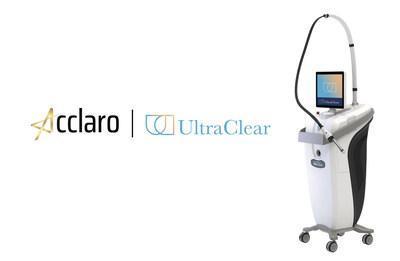Cancer patients who develop depression may experience a significant improvement in mood by taking psilocybin, an experimental psychedelic treatment derived from mushrooms, a small study suggests. For the study, scientists gave a single 25-milligram dose of psilocybin to 30 people with cancer who were undergoing individual or group therapy for clinical depression. Participants received therapy before, during, and after their treatment. To assess the effectiveness of the psilocybin, researchers asked patients to rate the severity of their depression symptoms before treatment and again eight weeks later. By the end of the study, most of the participants had a sustained response to psilocybin, with their depression symptoms reduced by at least 50 percent, according to results published in Cancer . Half of the patients experienced mood improvements so significant that their depression was considered in remission by the end of the study. “This study highlights the enormous potential of psilocybin-assisted therapy for the treatment of major depressive disorder (MDD) in patients with cancer,” says lead study author Manish Agrawal, MD, cofounder and chief executive officer of Sunstone Therapies in Rockville, Maryland, a medical center that conducts clinical trials for psychedelics and ran the new psilocybin study. Psilocybin Is Still a Controlled Substance Under Federal Law Like other psychedelics, psilocybin is a controlled substance that’s illegal for doctors in the United States to prescribe. However, the U.S. Food and Drug Administration (FDA) allows clinical trials that have the potential to lead to legal prescriptions in the future. The FDA is currently reviewing an application to approve MDMA, also called ecstasy, as a treatment combined with talk therapy for post-traumatic stress disorder. If it wins approval, this could become the first FDA-approved psychedelic therapy. While it’s not yet completely clear how psilocybin might impact mood, it’s thought to act on so-called serotonin receptors in the brain that play a role in mood, cognition, and perception, Dr. Agrawal says. Psilocybin may also promote what’s known as neuronal plasticity, or the brain’s ability to adapt in response to learning or new experiences. “This increase in neuronal plasticity is believed to aid in the construction of new thought patterns, disrupting established ruts of thinking in individuals with depression,” Agrawal says. How Psilocybin Works When taken in a safe environment with proper conditions and therapeutic preparation, psilocybin can give patients a sense of profound unity, enhanced safety, and connectedness to something greater than themselves, while at the same time enhancing their connection to themselves, says David Rabin, MD, PhD, a psychiatrist and neuroscientist who is a cofounder and the chief medical officer at Apollo Neuroscience. It may benefit cancer patients with depression because it “reaffirms their sense of self above and beyond the illness they’re suffering from to reinforce belief and hope,” says Dr. Rabin, who wasn’t involved in the new study. Psychedelics may work best as depression treatments when combined with talk therapy, and help enhance the effectiveness of counseling, Rabin says. People may see benefits that last for up to a year with just one or two doses of psilocybin to aid their progress with psychotherapy. However, it will likely be at least a year, if not longer, before psilocybin might win FDA approval as a treatment for depression, Rabin says. Longer trials of psilocybin with more patients are needed to collect enough data to seek FDA approval, Agrawal notes. “While we see much promise for this treatment to address depression and trauma, this treatment is not for everyone and is not a magic bullet,” Agrawal says. “More research is required to better understand which psychedelic compounds are best to treat distinct mental health conditions and health disorders.” Editorial Sources and Fact-Checking Everyday Health follows strict sourcing guidelines to ensure the accuracy of its content, outlined in our editorial policy. We use only trustworthy sources, including peer-reviewed studies, board-certified medical experts, patients with lived experience, and information from top institutions.
This content was originally published here.




















